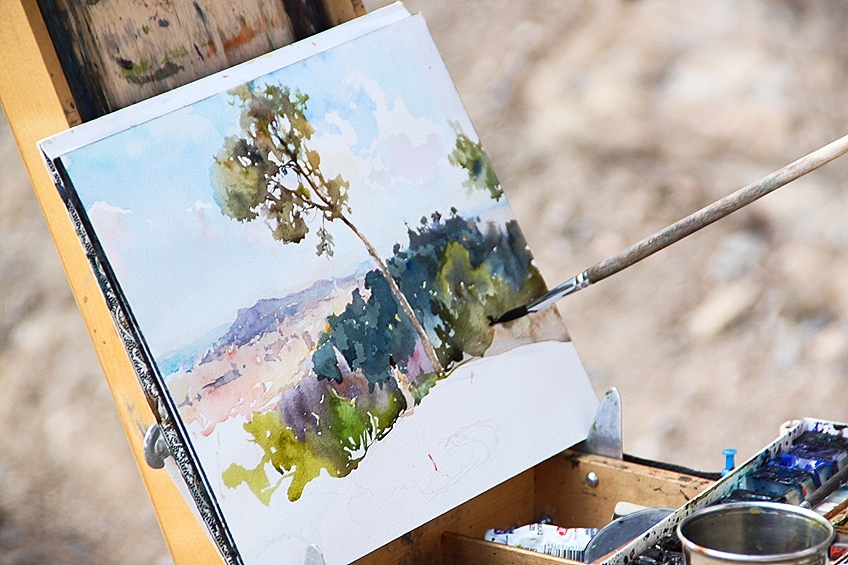Tips and Techniques for Beginner Oil Painters
Oil painting is a rewarding yet challenging medium to learn. Here are some helpful advice from experienced artists to get you started on your oil painting journey.
Mastering the Basics
One of the most important foundations is strong drawing skills. Spend time practicing basic 3D shapes and how light affects objects. Study perspective and composition through small quick sketches outside. Place elements within simple frames to learn arrangement. Do experimental compositions changing the horizon line. These exercises will train your eye to visually understand forms and space relationships. Focus on values first before adding color. Draw with one value like sepia to learn value transitions. A good drawing is essential before painting.
Capturing Values
Dividing compositions into three values - light, medium, dark - helps simplify colorful scenes into basic shapes. Practice switching these around for various lighting. Start with one color, like sepia, applying smooth gradual layers. Hold brushes properly and load just enough pigment. Practice wet-into-wet and dry techniques for textures. Chinese brushwork focuses on direct values application. Mastering values through repetition allows colors to be layered naturally.
Choosing Materials Wisely
As a beginner, use student-grade paints and gessoed cardboard to experiment freely. Do not compromise on your solvents and oils brand, as cheaper alternatives can damage brushes. Invest in quality sable-haired bristle brushes through handling tests at art stores. Clean brushes thoroughly between colors for blending control. Maintain a consistent palette layout for intuition.
Capturing the Essence
Initially aspiring to record every detail, you will learn to distill compositions down to their essence. Simplify with large negative space and fewer, bolder objects. Focus on expressing mood and atmosphere over photorealism. Read classic texts like Hawthorne to understand expressiveness. Doerner’s guide explains pigments scientifically. With endless practicing, you’ll capture the spirit of historical masters’ works too.
Safety First
Take basic precautions but don’t feel compelled into a hazmat suit! Keep baby wipes on hand to remove paint easily. Relax and enjoy the creative process without unnecessary stress. Art should be a joyful learning experience. /OilPaint-58b071d73df78cdcd8860ab9.jpg)
